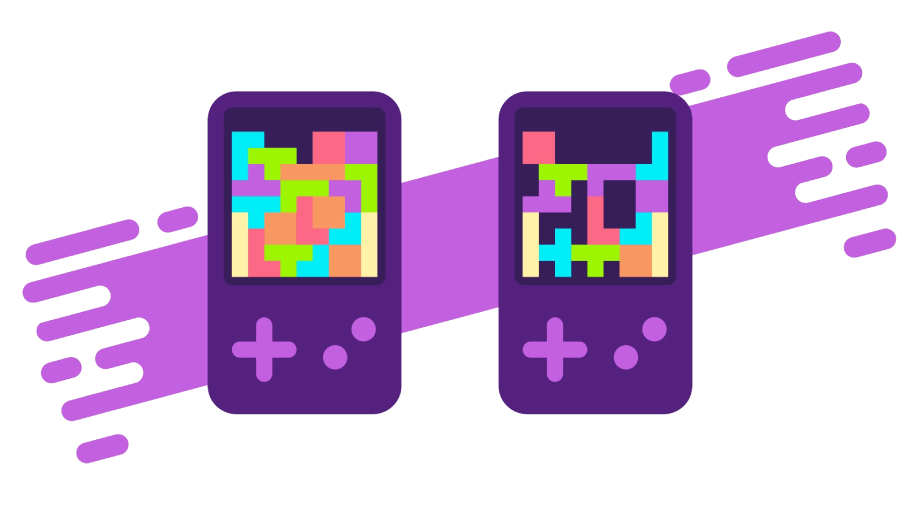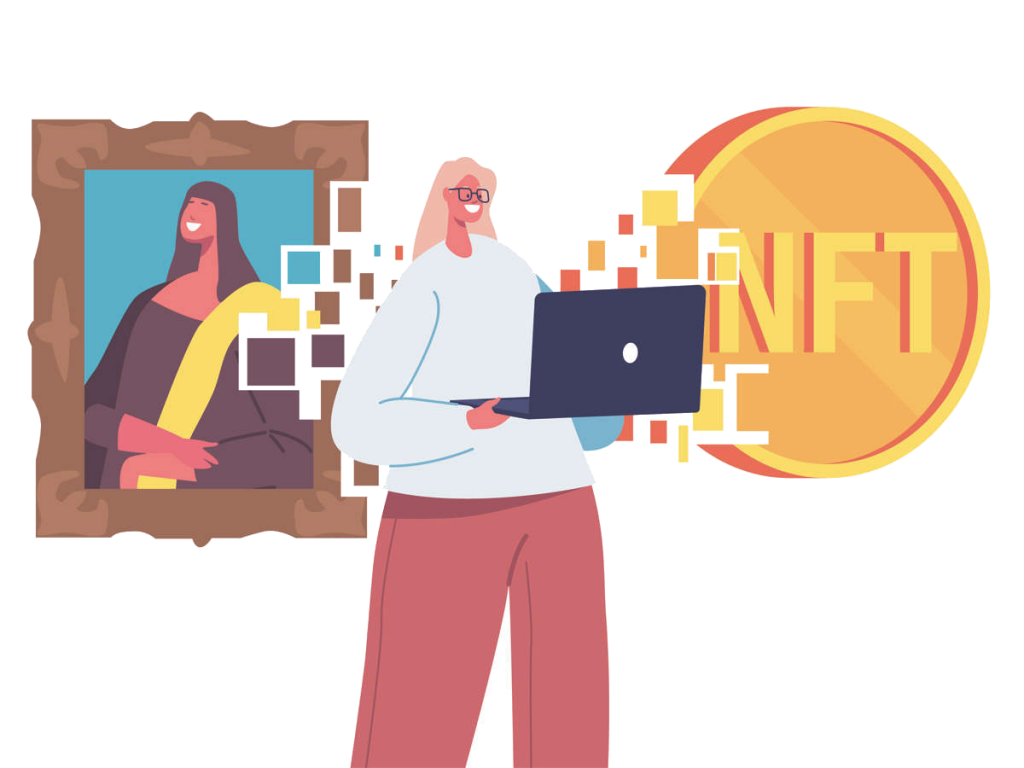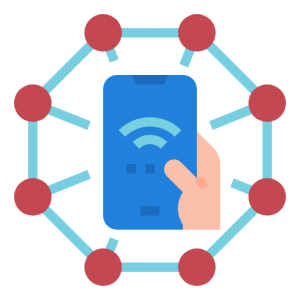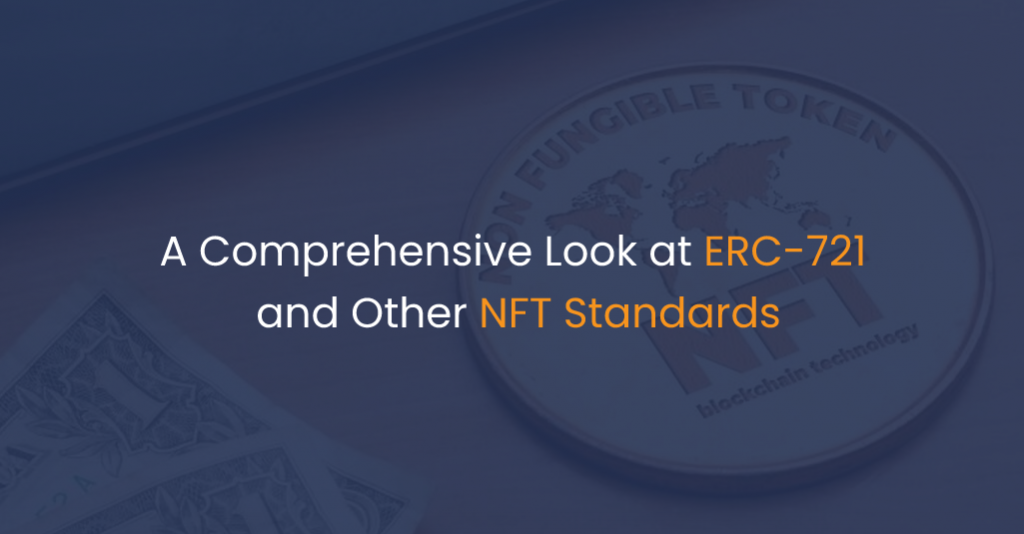A Non-Fungible Token, or NFT, is a token that uniquely identifies anything on a blockchain. NFTs are effectively utilized to represent digital collectibles, lottery tickets, sporting events, and other similar products. While the development of non-fungible tokens presents incredible potential, the tokens do require a clear standard to describe what they are truly capable of accomplishing. The first NFT standard, ERC-721, was created in 2018. It defines an API for tokens within a smart contract, allowing users to interact with the token while also receiving evidence of an interaction.
What is ERC-721?
ERC-721 is an Ethereum standard that is utilized in the creation of non-fungible tokens. It assures that the token is non-fungible and one-of-a-kind. Furthermore, it might be from the same smart contract but have a distinct value due to its age or rarity.

What Distinguishes an NFT?
A token ID is specified by a uint256 variable in an NFT smart contract. It is critical for every ERC-721 smart contract that the uint256 token ID be universally unique. This token ID is utilized as an input by the dApp, which then utilizes a converter to generate the token’s output as a digital collectible object such as a CryptoKitty.
Such token IDs, commonly referred to as NFT Identifiers, do not change over the duration of the smart contract.

What Is The Process Of Transferring An NFT?
The ERC-721 standard safe transfer feature is provided. This function, known as safe Transfer From, is utilized during the creation of a non-fungible token platform to differentiate between safe and dangerous transfers. NFT transfers can only be launched by:
- Someone who owns the NFT;
- Someone who has an authorized address for the NFT; or
- Someone who is an authorized operator for the NFT's actual owner.
To permit an operator, the authorized address must be specified. This appears to be a highly strong approach that may be used to construct wallet, broker, and auction apps.
Is The Token Standard Applicable To The Minting And Burning Of NFTs?
The process of creating NFTs is known as minting, while the process of destroying NFTs is known as burning. The ERC-721 token standard does not describe minting and burning. However, the non-fungible token platform development service provider must execute these in a variety of ways.
What Are Other NFT Standards?
ERC-1155
Another well-known NFT standard is ERC-1155. Enjin designed it, and it has now become an official token standard for NFTs. Surprisingly, it is a multi-asset token standard that can be used on Ethereum to produce both fungible and non-fungible assets. ERC-1155, like ERC-721, employs the Ethereum network, which assures that tokens generated following these standards are safe, transferable, and resistant to hacking.
It not only allows for the establishment of many assets but also reduces transaction costs. In addition, utilizing ERC-1155, developers may create escrow/atomic swaps of several tokens. The standard eliminates the requirement for individual token contracts to be approved independently. Furthermore, using this standard, both fungible and non-fungible tokens may be defined in the same contract. As a result, it promotes safer and more efficient token trading.
ERC-998
ERC-998 is essentially an expansion of the ERC-721 standard that advances the NFT standard. It allows non-fungible tokens to own other non-fungible tokens and ERC-20 tokens. It may also be thought of as a digital asset portfolio. ERC-721 is automatically implemented in NFTs that support ERC998.
There are four alternative token specifications under the ERC-998 token standard, including the following:

- ERC998ERC721 (Top-down composable)
These ERC998 tokens are used to receive, keep, and transfer ERC721 tokens.
- ERC998ERC20 (Top-down composable)
These tokens are used to receive, store, and transfer ERC20 tokens.
- ERC998ERC721 (Bottom-up composable)
These tokens are linked to other ERC721 tokens.
- ERC998ERC20 (Bottom-up composable)
These tokens are linked to ERC20 tokens.
Wrapping Up
Before developing a non-fungible token, it is critical to understand which token standard may assist you in enhancing your organization.
iStudio Technologies has many years of experience developing tokens for a variety of standards. Our blockchain engineers understand how to create tokens that are tailored to your company’s needs. We specialize in non-fungible token creation, as well as non-fungible marketplaces and wallets.
Share your business requirements with our expert team at iStudio Technologies, the leading NFT development company, India!



